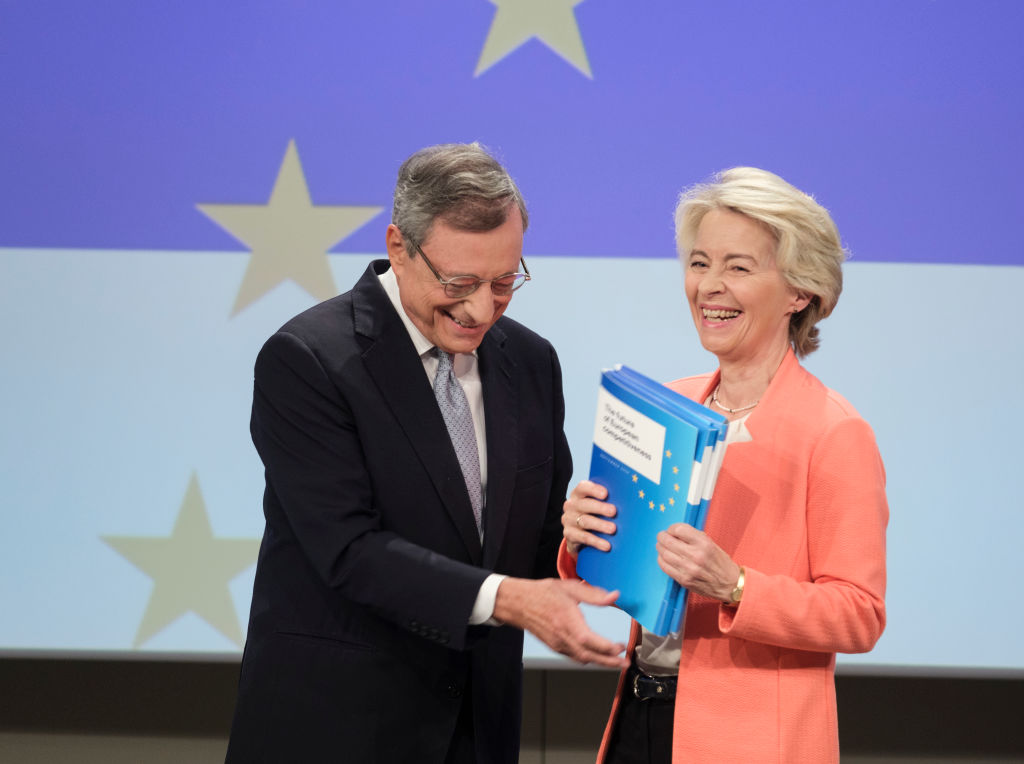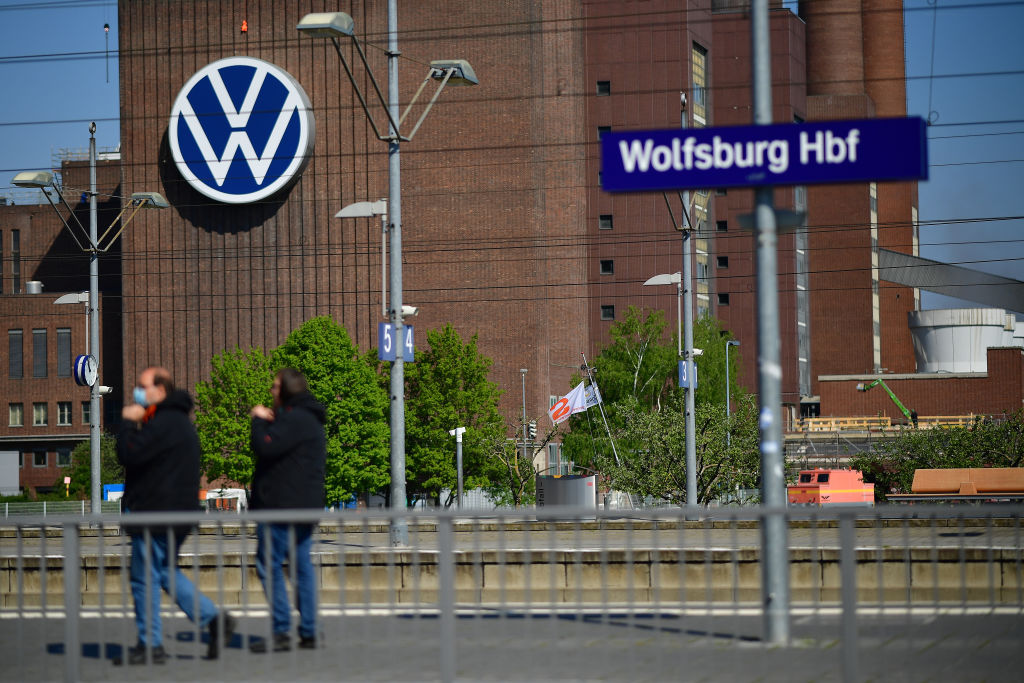After another catastrophic result in yet another eastern Bundesstaat, the German Green Party has lost its leaders. Co-chairs Ricarda Land and Omid Nouripour announced their resignations and called for a radical re-evaluation of the struggling party’s direction. The Greens were ousted from the assemblies in Brandenburg and Thuringia, barely scraped over the 5 per cent hurdle in Saxony, and were punished by voters in June’s elections to the EU Parliament. The 24 percentage point decline among 16 to 24-year-olds in the Brandenburg poll was a shock for what was once Germany’s “Party of Youth.”
During its halcyon days in the early 1980s, the Greens under its charismatic leader Petra Kelly appealed to young voters with its environmental purity and stalwart opposition to nuclear power. The eco-pacifism of the Greens replaced traditional religion as the popular faith of many young West Germans frightened by the prospect of nuclear war. In 1983, the party rode massive demonstrations against the stationing of American Pershing II missiles right into the Bundestag, scoring 28 seats on a 5.6 per cent result. In the Green world view circa 1984, NATO and nuclear deterrence could be displaced by cooperative multilateralism because, as Sting solemnly assured us, the Russians love their children, too.
But then the Greens had to grow up. The otherworldly dreams of the early Greens did not wholly survive the political compromises required of any successful legislative faction. Petra Kelly and the purist “Fundis” were eased aside by the “Realos” led former street brawler Joschka Fischer. The pacifist wing of the party succumbed when Fischer, the Green Party’s first foreign minister, endorsed NATO’s bombing campaign in Kosovo, even in the absence of a UN Security Council resolution. What remained of the original Green vision was its stubborn eco-naïveté. Its long campaign against nuclear power (“Atomkraft? Nein Danke!”) succeeded with spectacularly bad timing, just as the loss of cheap Russian gas imperilled the German economy and drove energy prices to uncompetitive heights. Their Green New Deal threatens to wreck Germany’s export industries and impose unaffordable mandates on German consumers.
What are the Greens today? In the minds of many eastern Germans, and especially those young voters, the Greens are the party of the well-off West German bourgeoisie, able to drive fancy Teslas and install expensive heat pumps without much financial distress. The Greens offer these comfortable Wessis a virtuous post-material creed, based on an unspoken presumption of continued prosperity. The prospects of those unfortunates in Thuringia who remain materially deprived count for little, if only because they remain so sadly unenlightened. The casual contempt many of these Greens show toward poor Easterners rivals the disdain shown toward midwestern deplorables in the tonier precincts of New York and Los Angeles. And like Trump voters in Iowa, Easterners vote for the parties most likely to torment those who scorn them. Both the right-wing AfD and the left-wing Bundis Sahra Wagenknecht share a passion for upsetting the cosy centrist parties who have run Germany for decades.
Can the Greens recover the support of young voters, or are they more likely to slide into Boomer-era political decrepitude? It is difficult to see how their core environmental policies will appeal amid the massive industrial disruption afflicting Germany. Displaced auto workers will blame Green policies for their hardships and will hardly be appeased as promised green jobs are gobbled up by Chinese solar panel and wind turbine makers. The Greens face a serious dilemma: environmentalism is a luxury belief that doesn’t thrive during hard times, and Germany is facing some very hard times. The loss of cheap Russian gas and the decline of the Chinese market limits the prospects for German industry. A new Trump presidency is likely to throw up further barriers to German exporters. Green policies are at best irrelevant to a revival of Germany’s economic fortunes and at worst a serious obstacle to it. What business would choose to navigate the tortuous environmental regulations imposed by Germany and make a capital investment likely to employ thousands of young school leavers in eastern Germany? Even eco-favourite Tesla had difficulty navigating Germany’s baroque regulatory regime as it completed its factory outside Berlin.
Could any “radical re-evaluation” of the Green party’s direction include an appraisal of the economic costs of environmental regulation, and an embrace of a growth agenda for Germany? As vital as that might be for reviving the party’s fortunes, it remains at odds with the “Fundi”-mental ethos of the party, which remains sceptical of strong economic growth and policies that might offer better economic prospects for young easterners. Absent a truly radical re-evaluation, the Greens are doomed to decline as its aging supporters and untenable policies are pushed aside by rough populists who care little for environmental purity.





Brussels forcing production of EV cars nobody wants, sales crash 70 per cent in Germany